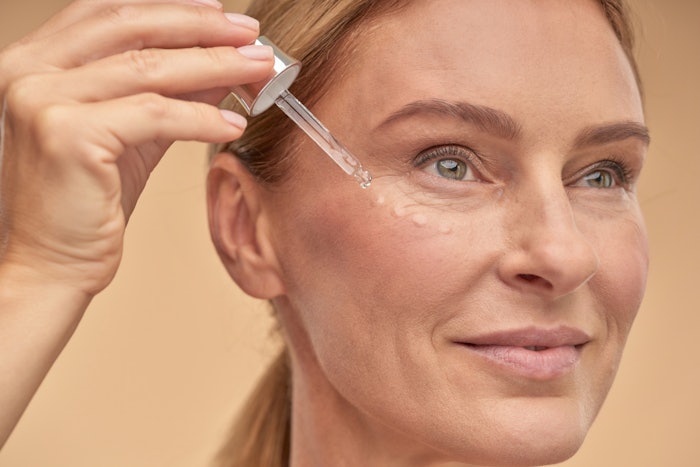
A study published in the Journal of Investigative Dermatology has uncovered the mechanism by which vitamin C (VC) promotes epidermal thickening: by activating genes linked to keratinocyte proliferation through ten-eleven translocation-mediated (TET-mediated) DNA demethylation. These findings could advance anti-aging formulations targeting skin thinning and barrier integrity.
The Study: DNA Demethylation and Epidermal Growth
To investigate VC's effects on skin regeneration, a 3D human epidermal equivalent model was used, which closely mimics the structure and function of real human skin.
- Treatment: The model was treated with VC at concentrations of 1.0 mM and 0.1 mM, comparable to levels transported from the bloodstream to the epidermis, per the authors.
- Results: After seven days, the VC-treated model exhibited a thicker epidermal cell layer. By day 14, this inner layer thickened further and cell proliferation markers (Ki-67-positive cells) had significantly increased.
Mechanism: VC was shown to promote the removal of methyl groups from DNA (i.e., DNA demethylation), effectively "switching on" previously suppressed genes associated with cell proliferation. VC achieves this by supporting the function of TET (ten-eleven translocation) enzymes, which are critical regulators of gene activity.
According to the study, more than 10,000 hypomethylated regions in VC-treated skin were identified, along with a notable increase in the expression of 12 key proliferation-related genes. These effects were reversed when a TET enzyme inhibitor was applied, confirming that VC’s pro-proliferative action is mediated through this specific epigenetic pathway.
Beauty and Skin Care: Barrier Building Implications
The study, led by Akihito Ishigami, Ph.D., of the Tokyo Metropolitan Institute for Geriatrics and Gerontology (TMIG), reveals how VC can counteract age-related skin thinning by activating genes essential for skin cell growth and development.
“VC seems to influence the structure and function of epidermis, especially by controlling the growth of epidermal cells, ...” explained Ishigami. He added that it helps to thicken the skin by encouraging keratinocyte proliferation through DNA demethylation, making it a "promising treatment" for thinning skin.
The study's findings provide a scientific foundation for the use of vitamin C in products not only for its antioxidant effects, but also to fortify the epidermal barrier by activating genetic pathways for growth and repair — essentially enhancing skin's intrinsic capacity to regenerate.










